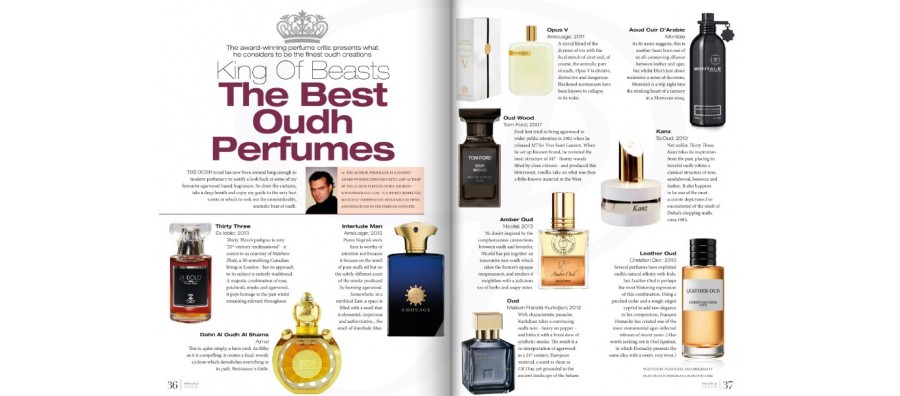

We've Launched Our Blog
Welcome to Perfume Blog, a simple and very informative blog for you. Here you’ll find all kinds of great information about perfumes including the history of fragrances, their uses, different types of perfumes, newly released scents, and so much more. Basically, we’ve got everything you need to know about perfumes right here! It’s all organized so you can easily find what you need, and, to keep you always up to date, you can find information about our newest fragrances addition on this blog!
What is the difference between Perfume, Eau de Parfum or Parfum de Toilette, Eau de Toilette and Cologne?
Each represents a different ‘concentration’ of actual perfume oil in a scent. Perfume, parfum or extrait is the most concentrated, longest-lasting fragrance form with 12 to 30 per cent perfume oils. The newer Eau de Parfum or Esprit de Parfum interpretations are almost as concentrated as the traditional extraits, but the Parfum de Toilette or Eau de Toilette (a Cologne, in the United States) is a lighter strength, with a level of fragrance anywhere from 4 to 18 per cent. In Europe, the word Eau de Cologne describes a very light level of fragrance, only 1 to 3 per cent oil.
What is the difference between ‘perfume’ and ‘fragrance’?
To most people, the words essentially mean the same, and you can safely use one or the other. You will find that usage varies from country to country: in the United States, fragrance is the more common description; in England, scent or fragrance. In France? Parfum!
The fragrance industry tends to refer to the most concentrated form of a scent as perfume or parfum in contrast, say, to the less concentrated eau de toilette or cologne. Perfumers, on the other hand, use the word specifically to describe their fragrant creations, their perfumes.
What is the difference between aftershave and cologne?
Colognes or eaux de toilette are meant for your body, aftershaves for your face. Eaux de toilette (or Colognes) are blended with more fragrance - anywhere from 5 to 15 per cent essential oils - while aftershaves have a lighter scent, usually around 2 to 4 per cent, less alcohol (30 to 65 per cent) and incorporate soothing emollients and calming antiseptics.
What is the difference between a “signature” scent, a “celebrity” scent and a “designer” scent?
A signature scent is a scent by which someone is recognised. When Marilyn Monroe confessed that she wore nothing but Chanel No. 5 in bed, that fragrance became etched in the collective memory as her ‘signature’ scent.
Celebrity scents are generated by media personalities rather than a fragrance house: Elizabeth Taylor’s Passion (1987) was the first successful celebrity fragrance. Her White Diamonds (1991) remains one of the top-selling fragrances in the United States.,
Designer perfumes, on the other hand, are created by and linked to fashion houses or designers. Chanel No 5 is the enduring symbol of a designer perfume.

